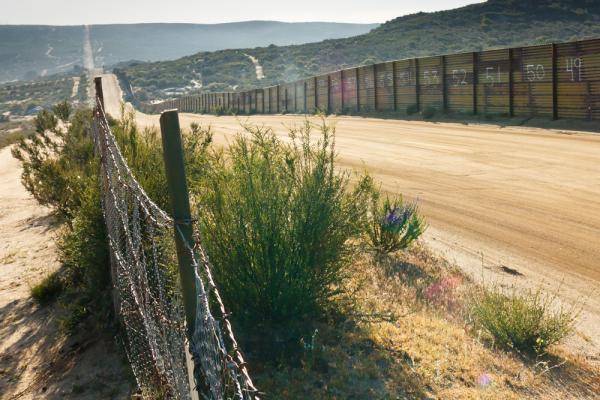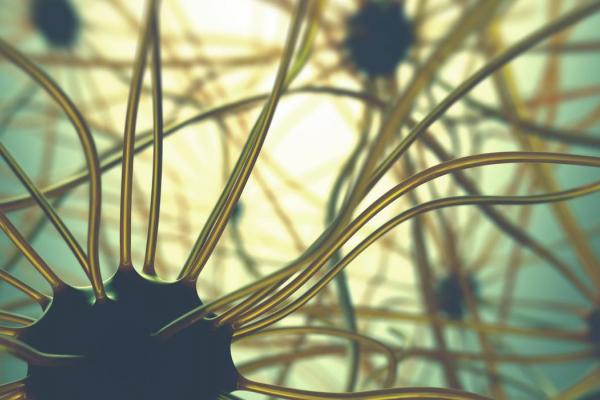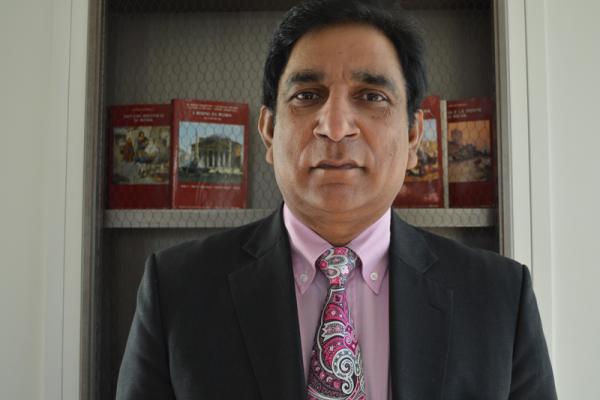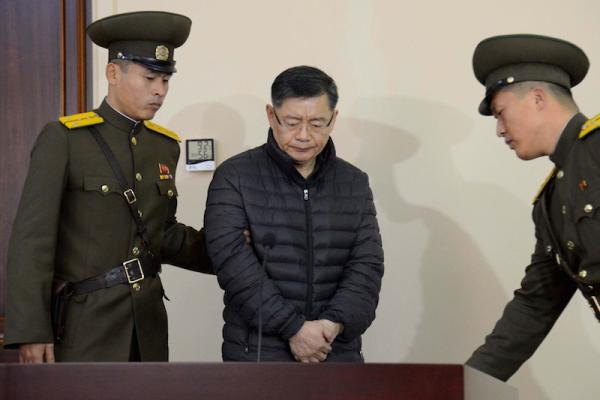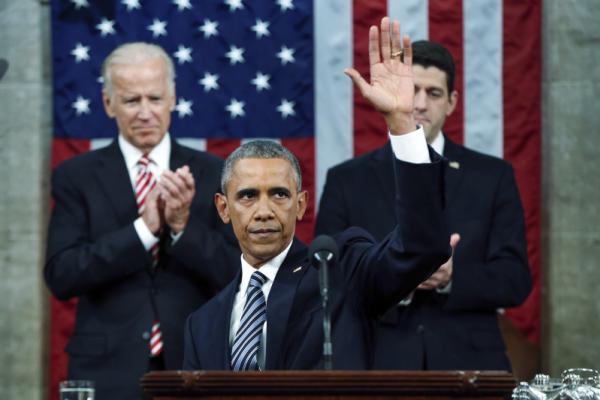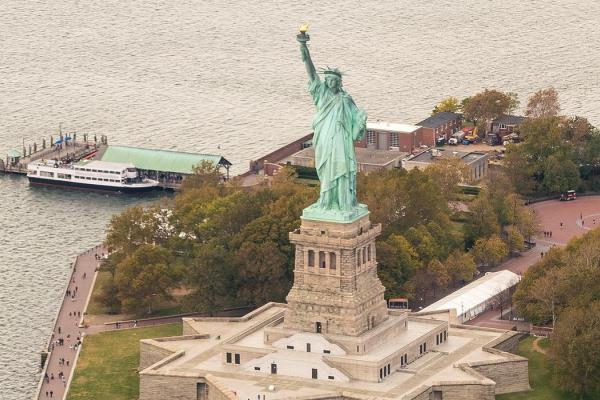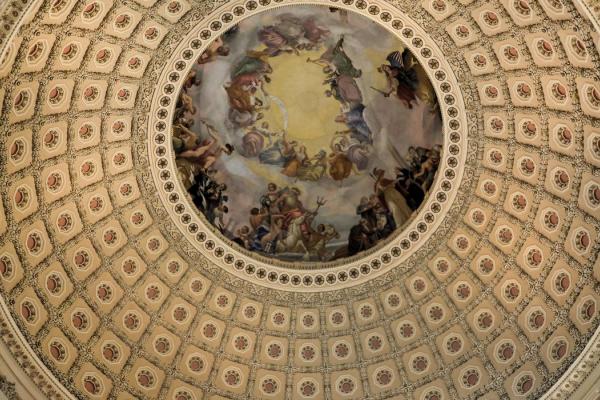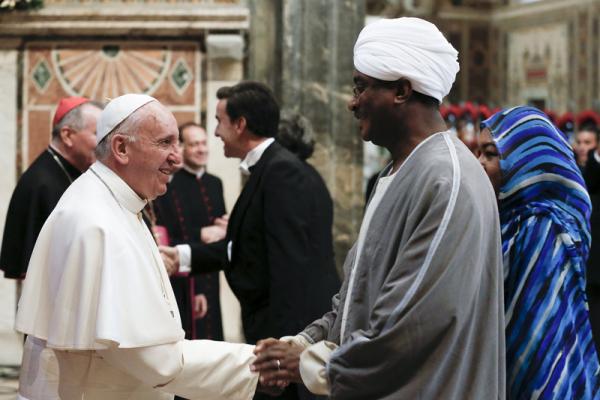Hinduism certainly has numerous memorable manifestations of God, from Brahma the Creator to Shiva the Destroyer. But despite the remarkable success of retail giant Amazon, its founder Jeff Bezos is not one of them.
Due to a sudden wave of ICE raids and deportations of asylum seekers fleeing violence in Central America, the White House has faced anger from numerous Democrats in Congress, who drafted a letter denouncing the raids. This new refugee plan, which sets up screening facilities in Central America, aims to reduce human smuggling as well to slow the flow of undocumented immigration.
Growing up African American in Queens, New York, I had access to the outdoors in many ways — a unique benefit for many African-American children. From childhood, I frequently attended ball games at the Mets’ Shea Stadium, and Brookville Park was quickly accessible on foot or by bike from my home in Rosedale. At both places, I benefited from sunshine and recreation. There, I did not have to worry about resistance or violence. But for many African Americans, access to outdoor and recreational space, including parks, has been complex. My own scholarship has been a study of eco-resistance and violence in green spaces by and against African Americans.
As an Asian-American activist, I must constantly negotiate what it means to be a woman faith leader – all while challenging misconceptions of the “model minority myth” and the “otherization” of my identity in a dominant culture that often sees anything other than whiteness as foreign, exotic, or suspect. And yet, I know that my experiences do not pale in comparison to the hardships of those experienced within the greater sisterhood.
Paul Bhatti, a Roman Catholic, worked as a surgeon in his home country of Pakistan and in Europe, while his brother, Shahbaz, went into politics and became Pakistan’s only Christian Cabinet member as the country’s first minister of minority affairs. Then, on March 2, 2011, Shahbaz was cut down in a hail of bullets in an attack by a militant group that called him “a blasphemer.”
With North Korea leading the way and Islamic extremism rapidly expanding, 2015 was the “worst year in modern history for Christian persecution,” according to a group tracking this issue.
In his last State of the Union address, President Obama made an impassioned case against religious bigotry and cast other key issues in moral terms.
He rejected “any politics that targets people because of race or religion.”
“This is not a matter of political correctness,” he said. “This is a matter of understanding just what it is that makes us strong. The world respects us not just for our arsenal; it respects us for our diversity and our openness and the way we respect every faith.”
January 1 marked the 124th anniversary of the opening of Ellis Island. Years later, in 1916, the immigrant inspection station was opened. Over the course of 60 years, more than 12 million immigrants came through the island.
Almost all of my great-grandparents were among that number, although, according to a sister who has been researching our history on ancestry.com, we can’t find any records. A fire destroyed the original station in 1897. It’s likely that our family’s records went up in flames with so many others’. Although — like many New Yorkers — I’ve never been there (who really has the time to schlep over there except tourists or class trips?), the island looms large in our collective self-understanding. Yes, we are Americans, but for us “American” meant “immigrant.”
We live in a time of extraordinary change – change that’s reshaping the way we live, the way we work, our planet and our place in the world. It’s change that promises amazing medical breakthroughs, but also economic disruptions that strain working families. It promises education for girls in the most remote villages, but also connects terrorists plotting an ocean away. It’s change that can broaden opportunity, or widen inequality. And whether we like it or not, the pace of this change will only accelerate.
Pope Francis has called on European leaders not to turn their back on refugees and migrants despite the cultural and security challenges associated with the arrival of 1 million people this past year. Francis has made concern for migrants a centerpiece of his papacy, and on Jan. 11 in his annual address to diplomats accredited to the Holy See he again urged governments to “overcome the inevitable fears associated with this massive and formidable phenomenon.”

